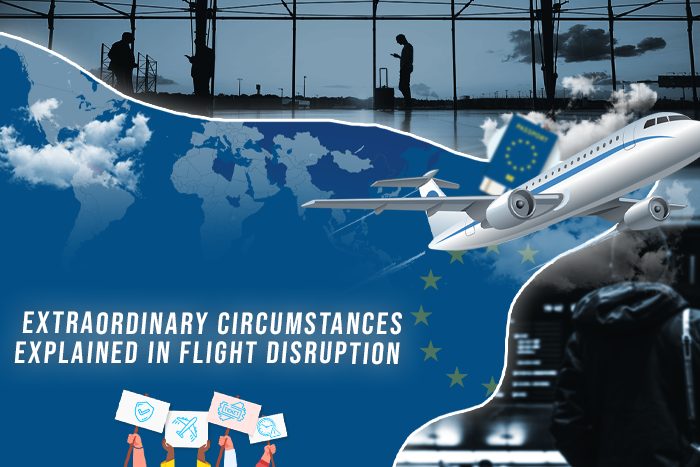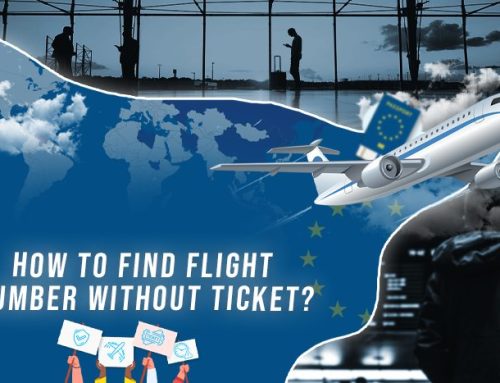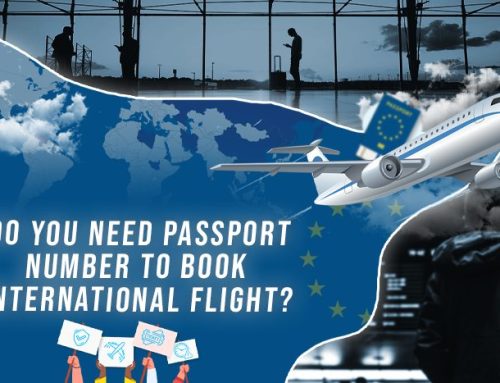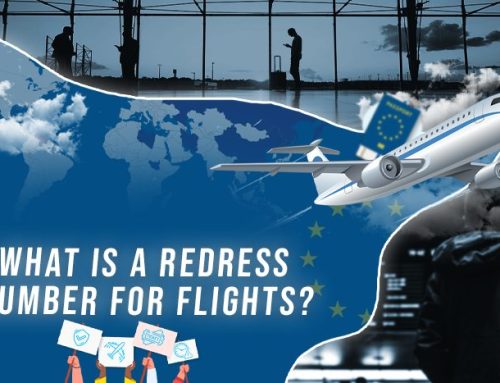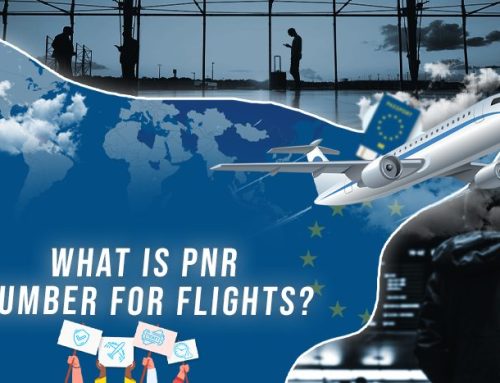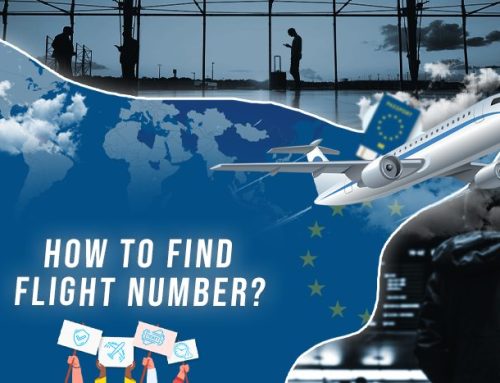Flight delays and cancellations can turn any trip into an ordeal. Amidst the chaos, the term ‘extraordinary circumstances’ often surfaces, leaving passengers questioning their compensation rights. But what does it imply? Let’s unravel this crucial, yet often mystifying term in the context of air travel disruptions. This article was updated in 2026.
Key Takeaways
- Passengers have the right to compensation and assistance under Regulation EC261/2004 if they experience flight cancellations or delays of 3 or more hours, as long as the incident was not due to extraordinary circumstances.
- Extraordinary circumstances are defined as situations that are outside of the airline’s control and not inherent in the normal activity of the airline. Examples include security risks, acts of terrorism or sabotage, extreme weather conditions, and natural disasters.
- Passengers may not receive compensation if their flight was delayed or cancelled due to extraordinary circumstances, but they can still file a claim to see if the airline will offer any assistance or compensation.
- Passengers should know their rights and be familiar with the process of filing a claim for compensation. They can either file a claim directly with the airline or use a third-party service to help with the process.
- Adverse weather can be a difficult circumstance to assess, as certain types of weather may be considered extraordinary circumstances, while others may not.
EC261 Eligibility and Limitations
Each year, an estimated 30 million European air passengers deal with flight delays and cancellations. Of that number, only around nine percent know about their right to compensation. In accordance with Regulation EC261/2004, there are now common rules regarding compensation and assistance to air passengers in the event that they are denied boarding, flight cancellations, and delays of up to 3 or more hours. The regulations set out a series of entitlements to passengers when a flight goes awry through no fault of their own.
You can file a claim for EC261 Compensation if:
- You were flying into an EU airport on an EU carrier
- The incident occurred within 6 years
- You were departing from an EU airport on any airline
- The airline is still in operation
- The incident was not due to “extraordinary circumstances.”
As you can see, there is one factor in which you cannot garner compensation: extraordinary circumstances. Below, we’ll explain what constitutes an “Extraordinary Circumstance,” which could prevent you from submitting a claim for compensation to your airline.
What Does EC261 Define As An “Extraordinary Circumstance?”
In the Regulations set forth by EC261 an “Extraordinary Circumstance” falls under two factors:
- Outside the control of the airline
- Not inherent in the normal activity of the airline
In other words, it is a situation in which the airline has no control and could not prevent due to normal circumstances. It is not within the normal activity of the airline.
What Are Some Examples of “Extraordinary Circumstances?’
If you’re seeking Eu flight compensation some examples of extraordinary circumstances are numerous. Generally, the term itself applies to any number of scenarios where the flight cancellation or delay was caused by something totally out of the ordinary. Examples of extraordinary circumstances include:
- Security risks
- Military unrest
- Acts of terrorism or sabotage
- Extreme weather conditions
- Natural disaster
- Air traffic control strikes
- Airport security issues
- Hidden manufacturing defects
- Bird strikes (as of 2017)
These are things that the airline cannot control nor prevent. Even COVID-19 is considered an extraordinary circumstance. The unfortunate aspect of these circumstances is that airlines can site them without having to provide full details as to how a circumstance is actually extraordinary. Sometimes they will also use refuse to offer details of an extraordinary circumstance in order to frustrate the claims process. However, every airline is obligated to provide details of an extraordinary circumstance when they receive a request from the National Enforcement Body.
What Are Not Considered Extraordinary Circumstances?
Something that you may think fall under the umbrella of extraordinary circumstances” is not actually that extraordinary. If your delay or cancellation was caused by one of the following, you could be entitled to compensation under EC261. What are not extraordinary circumstances?
- Any issues with airline staff (IE: understaffing or late crew members)
- Bad weather that affected a previous flight
- Denied boarding due to an overbooked flight
- Technical issues with the aircraft barring those caused by hidden manufacturing defects
- Lightning strikes
- Missing Flight Documentation
- Safety inspections
Without question, the most difficult aspect of a flight delay or cancellation to assess is adverse weather. Certain types of weather may fall under the category of “Extraordinary Circumstances.” These include events such as volcanic ash or a natural disaster. However, bad weather such as a lightning strike, would not be considered an extraordinary circumstance as it is inherent in the normal exercise of the carrier’s activity. Snow, ice, fog, and similar weather events are up for interpretation. If you’re not sure, you could still file a claim and see if what the airline says.
Contact Experts for Clarity on Extraordinary Circumstances
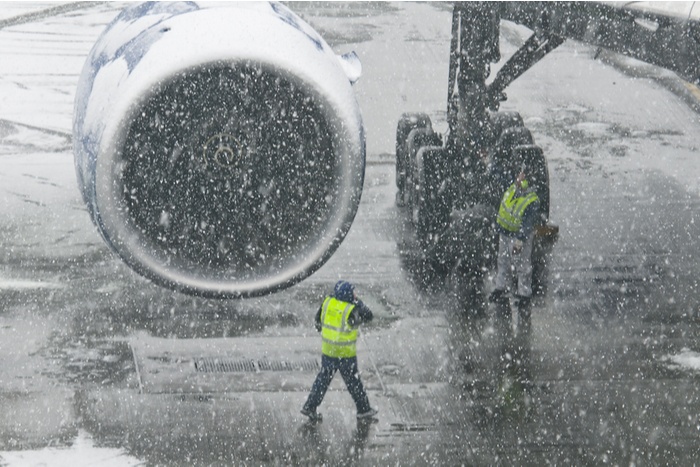
Understanding what constitutes an ‘extraordinary circumstance’ under EC261 regulations can be a daunting task for passengers. This is where specialized companies step in. Their expertise allows them to accurately discern whether a flight disruption falls under this category, taking the guesswork out of the process. If you find yourself unsure whether your flight delay or cancellation qualifies as an extraordinary circumstance, consulting these professionals can prove to be invaluable. They are equipped to help ensure your rights are upheld and any potential compensation is pursued effectively. You can find top flight compensation companies here.
Conclusion
Navigating the waters of ‘extraordinary circumstances’ can be complex, with each scenario presenting its unique challenges. However, knowing your rights under EC261 can go a long way in securing compensation where it’s due. It’s crucial to remember that not all disruptions fall under this umbrella, and many circumstances, despite seeming extraordinary, might still entitle you to a claim. So, when in doubt, submit a claim – the ambiguity of air travel disruption should never deter you from exploring your compensation rights.
Frequently Asked Questions
-
What are extraordinary circumstances in the context of flight disruptions?
Extraordinary circumstances are situations that are outside of the airline’s control and not inherent in the normal activity of the airline, such as natural disasters or security risks.
-
Can passengers receive compensation if their flight is cancelled due to extraordinary circumstances?
Passengers might not be entitled to compensation if their flight was cancelled due to extraordinary circumstances. However, they can still file a claim to see if the airline will offer assistance or compensation.
-
What are some examples of extraordinary circumstances?
Examples of extraordinary circumstances include security risks, military unrest, acts of terrorism or sabotage, extreme weather conditions, natural disasters, air traffic control strikes, and airport security issues.
-
What is not considered extraordinary circumstances?
Issues with airline staff, bad weather that affected a previous flight, denied boarding due to an overbooked flight, technical issues with the aircraft barring those caused by hidden manufacturing defects, lightning strikes, missing flight documentation, and safety inspections, are not considered extraordinary circumstances.
-
How can passengers file a claim for compensation under EC261 regulations?
Passengers can file a compensation claim directly with the airline or use a third-party service to help with the process.
-
What should passengers do if unsure whether their circumstances qualify for compensation?
Passengers can still file a claim and see if the airline will offer any assistance or compensation, even if they are unsure whether their circumstances qualify as extraordinary.
